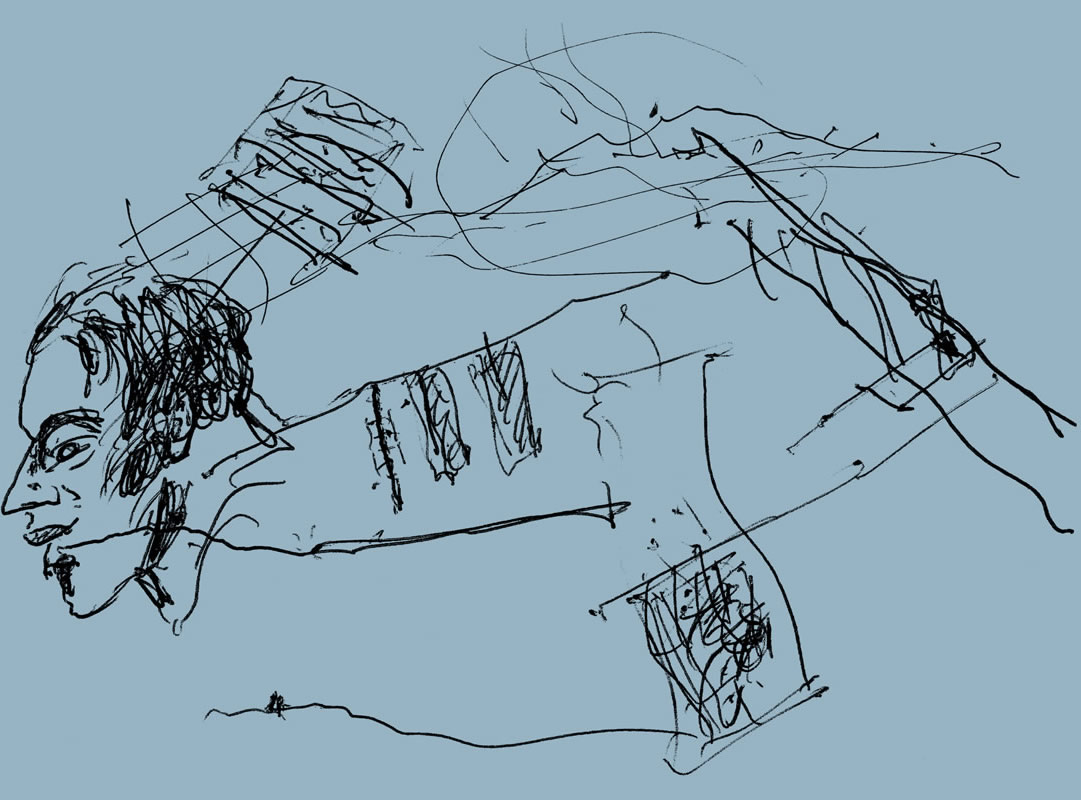The AR September issue examines alternative sites for education, as well as the economic forces and power dynamics that rule traditional academic institutions
As architecture schools around the world are looking to decolonise and decarbonise their curricula, we hold onto bell hooks’ belief that teaching should ‘enable transgressions’. The American author and social activist, and the subject of this month’s Reputations (p14), argued that ‘it is this movement against and beyond boundaries that makes education the practice of freedom’.
This issue is a constellation of different sites for learning, from rainforests to classrooms to cities. ‘Institutionalised education enforces the idea that the only place where valuable knowledge can be learned or produced is in academic institutions’, note Comunal (p60). Yet, in south Colombia, rivers and roads serve as Indigenous learning spaces (p18), while in Berlin, a rainwater basin has become a site for cultural and educational activities (p68).
Such alternative spaces for learning resonate with hooks’ liberatory politics. Formal higher education, however, is increasingly policed, shrunk and squeezed (p108). Today’s universities are deeply marketised, having been laid bare to the forces of neoliberalism. What ought to be a lifelong project is reduced to the preparation of productive members of capitalist economies.
Architecture schools are ‘the disciplinary canary in the coal mine of a university’s health’, Francesca Hughes argues (p96). The tools that architecture students are given become the ones they take out into the world. The magnitude of the challenges facing us – climate destruction and systemic racism, propped up by fragile capitalist structures – mean that those tools will inevitably fall short. Education must continue long after the school bell rings.
Lead image: A sign at a 2021 Stop Asian Hate rally in New York City’s Columbus Park attests to the solidarity between the Black Lives Matter movement and other racialised groups in the United States, and reminds us that knowledge is never solely produced in the lecture theatre or classroom Credit: Sang Cheng / Alamy
 The Architectural Review An online and print magazine about international design. Since 1896.
The Architectural Review An online and print magazine about international design. Since 1896.



